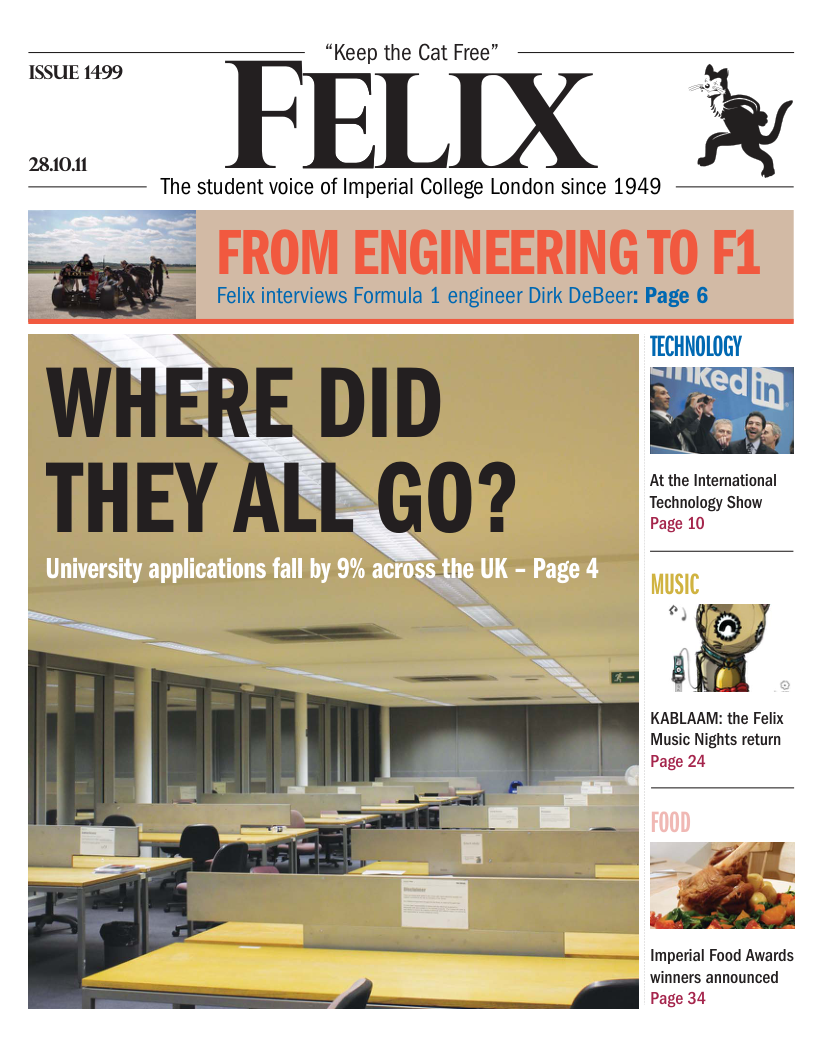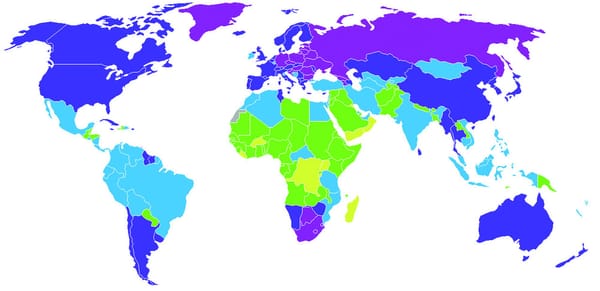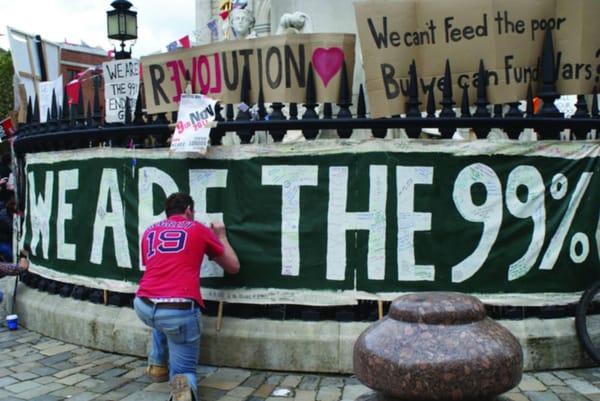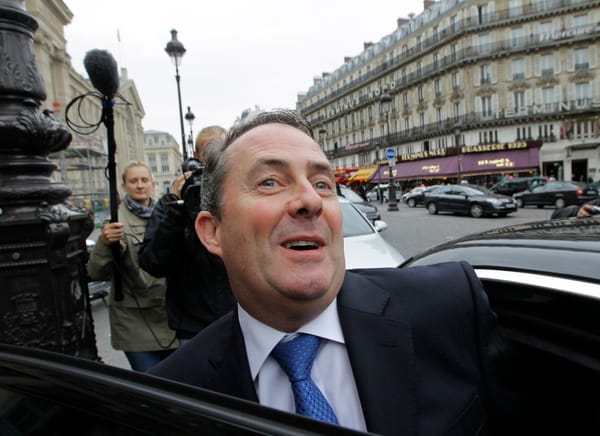Is Democracy the best policy?
Investigating groups that oppose democracy
Many people have argued that democracy is actually one of the most radical ideas in political history. To treat people as equals with equal votes sits well with most people today. We can also see the effects of ideas like these in the West in the last 300 years or so with mass education, rising standards of living, and the abolition of slavery, infanticide, child labour, serfdom and feudalism. There has also been greatly reduced infant mortality, religious persecution, racism, misogyny, superstition and war. The few wars that do occur tend to be tremendously more violent, but it is also a long-term trend that they are getting rarer.
Of course, the human race is not out of the woods yet. Over-population, climate change, epidemics and nuclear war are serious threats to civilisation which may ‘do us in’ yet. Starvation and disease still kill millions every year.
Now, all this is surely uncontroversial and few people today would argue democracy is a bad thing. But it is interesting to see which groups oppose it and what their motives are.
Libertarians, anarcho-capitalists and others from the extreme political right are some of the most powerful and well-funded opponents.
This is unsurprising. These groups often argue that poor people are to blame for their own poverty. So the values of democracy which say all people, rich or poor, are equal are abhorrent to them.
The socialist Tony Benn summarises it as, “Before we had the vote, all the power was in the hands of rich people, if you had money you could get healthcare, education and look after yourself when you were old. What democracy did was to give the poor the vote and it moved power from the marketplace to the polling station, from the wallet to the ballot.”
... the human race is not out of the woods yet
The danger democracy poses has been expressed by the right-wing economist Milton Friedman when talking about the relations between political freedom of voting and economic freedom of the market. He writes: “while economic freedom facilitates political freedom, political freedom, once established, has a tendency to destroy economic freedom.”
Unsurprisingly, people tend to vote for things that will benefit them i.e. not unfettered markets.
It is interesting to see many of the institutions that conservatives favour are usually dictatorial not democratic: the army, the navy, the church, the business firm and the patriarchal family.
Religious groups have also been known to oppose democracy. In their worldview, just as there are laws of nature like gravity which are true throughout the entire universe, there are universal moral laws. These absolute moral laws have been passed to us by the supernatural creator of the universe. Democracy is thus absurd because we do not need to make laws by finding a consensus of the people, we just need to read holy scripture.
Abdur-Raheem Green, a fundamentalist Islamic preacher, is worth quoting at length on this. “One of the major problems [with democracy] was that the leader would always have to pamper to the desires and whims of the people in order to gain their support, thus a leader would not be able to take the morally sound decisions that a leader should”. It is not hard to imagine what kind of morally-sound decisions Abdur-Raheem is thinking of.
A (thankfully anonymous) Catholic author wrote on a recent Felix Online comment about their church’s position on various moral issues: “These things aren’t like government policy, open for debate and consultation to be brought into line with popular public opinnion.[sic] These are tennets that have been handed down and safeguarded for over two millenia [sic] and frankly that isn’t going to change any time soon.”
Although having said this, many religious people support democracy and in fact Christian socialists in the UK were part of the popular front winning these rights in the first place. We must not forget that followers of religion are people too; they also want a happy, healthy, prosperous life and to be masters of their own destiny just like everyone else.







